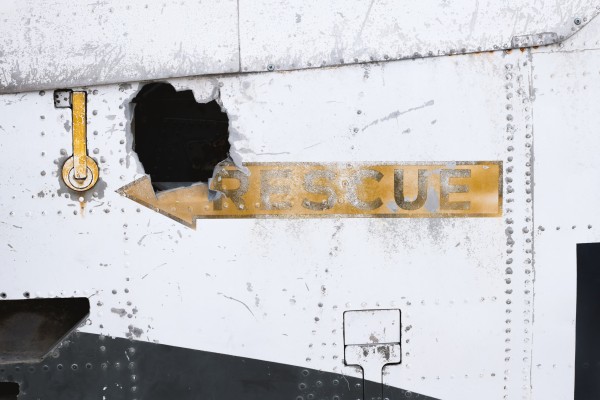
Photo credit: Joshua Wilking on Unsplash
Preparing for, responding to, and learning from crisis are the minimum of what we expect from organizations and leaders in positions of authority. The current health crisis over novel coronavirus COVID-19 is challenging countries, health authorities, industries, colleges and universities, and governments at the national, state, and local levels. People – citizens and stakeholders – evaluate how leaders and public authorities respond to crises – be it a health crisis, a weather disaster, a financial crisis, a plane accident, or a mass shooting – according to several criteria. Those criteria offer guidance for how to respond. These include:
Credibility – Have you strived to build credibility before the crisis hit? Have you acted in a way that has built credibility and goodwill? Are you credible in the way that you respond? Do you know what you are talking about? Do you have the facts? Is the information being provided accurate? Were you prepared? Had you anticipated this situation and planned for it? If not, why not?
Sincerity – Are you responding to the situation in a way that is sincere? Have you accepted responsibility for your role in the situation? Is your response true, free of deceit, or does it involve hedging or blaming someone else when there are elements that are clearly in your control? Have you apologized for lapses in your evaluation of or response to the situation?
Timely – Is your response timely? Did your intervention come at the right time, or were you late to address an unfolding crisis? Or were you unaware of a developing issue, such as a burgeoning corporate scandal, and taken by surprise? Are your communications and interventions to address or mitigate the situation timely?
Reliable – Can we count on you to respond in a way that is consistent from day-to-day? Can we count on you to do the right thing in taking deliberate, decisive action? Do you take in new information and incorporate it into your plans and actions? Are you communicating in a consistent way? Are you a trustworthy messenger?
Caring – Do you show care for the people affected by the crisis? Do you show compassion and empathy – an ability to put yourself in the other person’s shoes and respond with appropriate words and actions – to those affected? To crisis responders and others on the front lines?
Competent – Do you have the capability to manage the crisis? Have you diagnosed the situation properly? Does your response match the magnitude of the situation? Do you have the requisite skills, knowledge, experience, and temperament? And, if not, who is competent to manage the situation?
Transparent – Are you acting in a way that is transparent? That is, in a way that individuals perceive is open to public scrutiny, that people would judge as a fair and reasonable response, and a sense that you are not trying to hide or shade relevant information.
Instill confidence – Perhaps most important, are you acting in a way that instills confidence that you can manage the situation and help those affected?
Good crisis management is about good communication, good leadership, good expectations management, and taking appropriate action. The ultimate judge of your crisis response is the public and your stakeholders, not you. You don’t get to give yourself an A grade. The public and your stakeholders will tell you how you did. What you can do as someone in a position of responsibility is to strive to build confidence and trust, learn from the situation, and prepare yourself to handle the next crisis better. And if you adhere to the guidance above, you can even come out of a crisis stronger.
Angelo Ioffreda is a consultant, leadership coach, and adjunct professor who teaches communication courses in American University’s Key Executive Leadership Program and George Washington University’s Strategic Public Relations Program. Early in his career, he led a crisis team as a senior watch officer in the U.S. State Department’s 24-hour Crisis Operations Center.

